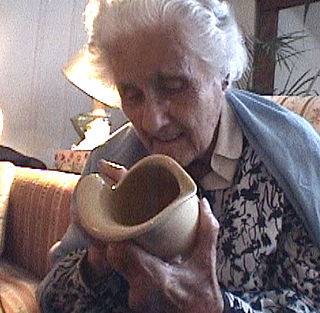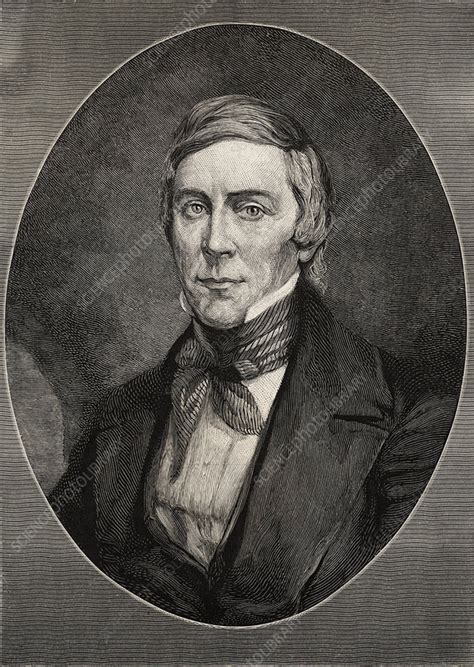A Quote by Bertrand Russell
The teacher, like the artist, the philosopher, and the man of letters, can only perform his work adequately if he feels himself to be an individual directed by an inner creative impulse, not dominated and fettered by an outside authority.
Related Quotes
The fact that labour is external to the worker, i.e., it does not belong to his intrinsic nature; that in his work, therefore he does not affirm himself but denies himself, does not feel content but unhappy, does not develop freely his physical and mental energy but mortifies his body and his mind. The worker therefore only feels himself outside his work, and in his work feels outside himself.
The individual is defined only by his relationship to the world and to other individuals; he exists only by transcending himself, and his freedom can be achieved only through the freedom of others. He justifies his existence by a movement which, like freedom, springs from his heart but which leads outside of himself.
An artist is he who has his center within himself. He who lacks this must choose a particular leader and mediator outside of himself, not forever, however, but only at first. For man cannot exist without a living center, and if he does not have it within himself, he may seek it only in a human being. Only a human being and his center can stimulate and awaken that of another.
To be different is a negative motive, and no creative thought or created thing grows out of a negative impulse. A negative impulse is always frustrating. And to be different means ‘not like this’ and ‘not like that.’ And the ‘not like’—that’s why postmodernism, with the prefix of ‘post,’ couldn’t work. No negative impulse can work, can produce any happy creation. Only a positive one.
One of the proud joys of the man of letters - if that man of letters is an artist - is to feel within himself the power to immortalize at will anything he chooses to immortalize. Insignificant though he may be, he is conscious of possessing a creative divinity. God creates lives; the man of imagination creates fictional lives which may make a profound and as it were more living impression on the world's memory.
"You cannot believe what you are saying." "Well, no. Hardly ever. But the philosopher is like the poet. The latter composes ideal letters for an ideal nymph, only to plumb with his words the depths of passion. The philosopher tests the coldness of his gaze, to see how far he can undermine the fortress of bigotry."
There is a myth, sometimes widespread, that a person need only do inner work...that a man is entirely responsible for his own problems; and that to cure himself, he need only change himself....The fact is, a person is so formed by his surroundings, that his state of harmony depends entirely on his harmony with his surroundings.
An artist is above all a human being, profoundly human to the core. If the artist can't feel everything that humanity feels, if the artist isn't capable of loving until he forgets himself and sacrifices himself if necessary, if he won't put down his magic brush and head the fight against the oppressor, then he isn't a great artist.
My teacher introduced me to this photographer Eugène Atget. He was a French photographer in the late 1800s up until 1927 in Paris. He didn't consider himself an artist, but he was probably one of the artists of the 20th century. This guy documented all of Paris during those years. It's unbelievable. The books are phenomenal. The Museum of Modern Art has all his stuff now and [American photographer] Berenice Abbott saved his work. Not very much is known about his life, but the work is unreal and it totally spoke to me. He was the only artist for a number of years that I cared about at all.
Men may be very learned, and yet very miserable; it is easy to be a deep geometrician, or a sublime astronomer, but very difficult to be a good man. I esteem, therefore, the traveller who instructs the heart, but despise him who only indulges the imagination. A man who leaves home to mend himself and others, is a philosopher; but he who goes from country to country, guided by the blind impulse of curiosity, is only a vagabond.
In a culture of technique, we often confuse authority with power, but the two are not the same. Power works from the outside in, but authority works from the inside out. . . . I am painfully aware of the times in my own teaching when I lose touch with my inner teacher and therefore with my own authority. In those times I try to gain power by barricading myself behind the podium and my status while wielding the threat of grades. . . . Authority comes as I reclaim my identity and integrity, remembering my selfhood and my sense of vocation.


































